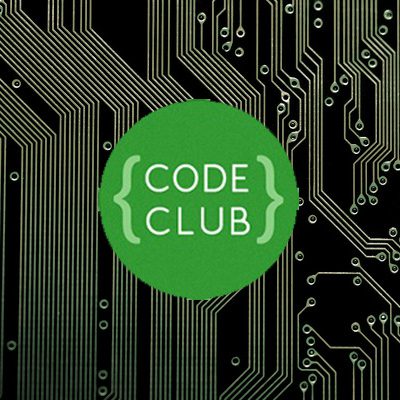After-school coding club network Code Club has announced its international expansion
Code Club, the 800-strong UK network of volunteer-led after-school coding clubs for children aged 9-11, is celebrating its first birthday today by announcing the launch of Code Club World, which aims to give every child in the world the chance to learn to code.
With the support of Google, CodeAcademy and Mozilla, Code Club World will provide open-source project materials and a volunteering framework to support the running of after-school coding clubs internationally.
New projects will be written every school term and posted to a Github page in French, German, Portuguese, Ukrainian and Turkish (with more languages to follow). Terms 1 and 2 will use Scratch to teach the basics of programming; Term 3 will teach the basics of web development using HTML and CSS; Term 4 will teach Python – and so on.
“Urgent need”
“With technology increasingly defining how we perceive and interact with the world around us, there has never been a more urgent need for talented computer scientists,” says Alison Cutler of Google’s Pre-University CS Education Outreach, which is supporting the new programme.
“For children everywhere to have an opportunity to become creators – and not just consumers – of tomorrow’s innovations, we think it’s vital to expand access to Computer Science education that inspires and engages children from an early age.”
The first international Code Club World clubs are set to launch in Luxembourg and Kiev. Viktoriya Tigipko, TA Venture director and IDCEE conference organiser, who is starting the Code Club World community in Ukraine, says it is essential that children learn the basics from an early age.
“Coding nowadays is important for everyone, just as important as reading and writing. We live in a digital world, and our children – “digital natives” – have to know how it works,” she explains. “As they say, there are two types of people: those who rule computers and those who are ruled by computers. We want our children to rule computers, and we are happy to partner with the Code Club project in Ukraine.”

